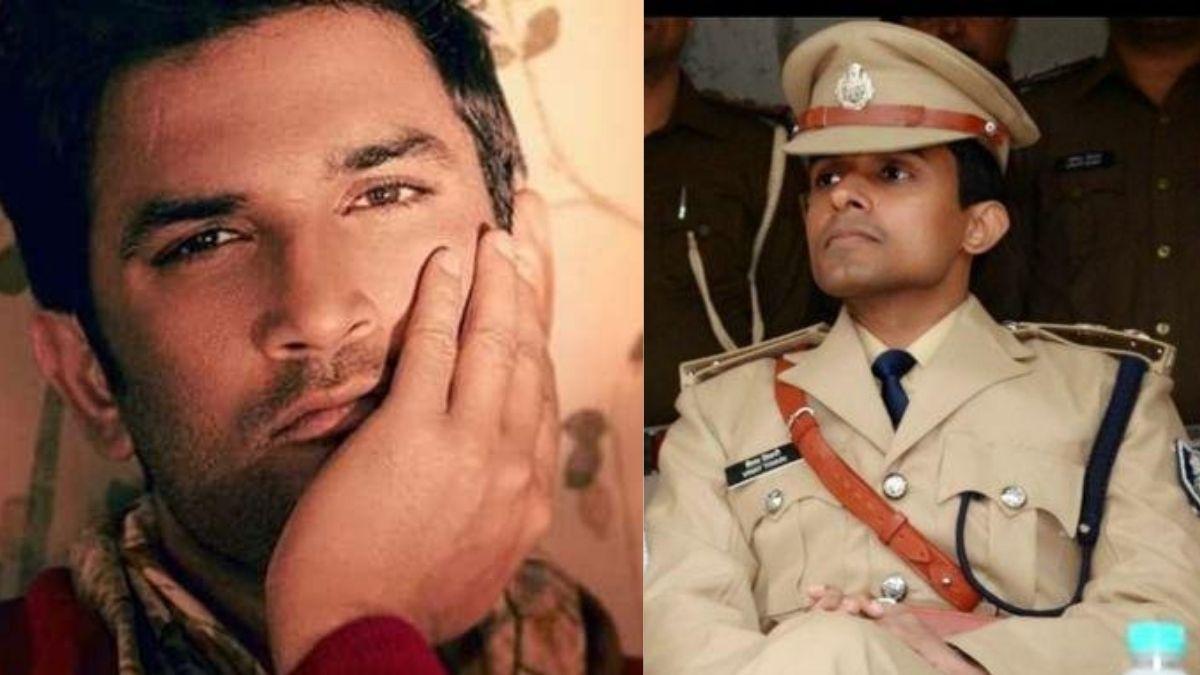According to Indian culture, a married woman is expected to serve her aged mother-in-law and she must adhere to the same to preserve the culture, the Jharkhand High Court recently said [Rudra Narayan Ray vs Piyali Ray Chatterjee].
Single-judge Justice Subhash Chand said that it is obligatory on the part of a wife to serve her husband’s mother and maternal grandmother and she should not insist on living separately from them.
The Court relied upon Article 51A of the Constitution to buttress its point.
“In the Constitution of India under Article 51-A, the fundamental duties of a citizen are enumerated in clause (f), it is provided ‘to value and preserve the rich heritage of our composite culture.’ It is the culture in India to serve the old aged mother-in-law or grandmother-in-law, as the case may be, by the wife, in order to preserve this culture,” the Court underlined.
Hence, it held that a woman should not pressurise her husband to leave his mother.
In its judgment, the Court invoked Hindu religious texts including also Manusmriti to emphasise the importance of women in family.
The judge, while referring to Yajurveda, said, “O woman you do not deserve to be defeated by challenges. You can defeat the mightiest challenge. Defeat the enemies and their armies you have a valour of thousand (Yajurveda).
Further, the court invoked verses in Manusmriti stating – Where women of the family are miserable, the family is soon destroyed but it always thrives where the women are contended.
These observations were made by the court while hearing an appeal filed by a man challenging an order of a family court in Dumka, which ordered him to pay ₹30,000 as maintenance to his estranged wife and ₹15,000 to their minor son.
The woman alleged that her husband and in-laws subjected her to cruelty and tortured her for dowry.
On the other hand, the husband alleged that the wife pressurised him to live separately from his mother and grandmother. He pointed out that the wife would often pick up quarrels with the two old women in the house and kept going to her parental house without informing him.
The Court noted that the evidence on record indicated that the wife was pressuring the husband for living separately from his mother and grandmother without any valid grounds.
Justice Chand referred to a book titled Introduction to Family Life Education authored by Prof. Teresa Chacko, which details the role of a wife in the family and noted that the primary issue between the now estranged couple was that the wife doesn’t want to serve the aged mother-in-law and grandmother-in-law, who are 75 years and 95 years old, respectively.
“She creates pressure on her husband to live separate from his mother and grandmother. It is the very reason, this ground is not found sufficient that’s why the legislature whole enacting section 125(4) of the CrPC has provided one of the grounds for denial of maintenance – if the wife refuses to reside with the husband without any reasonable cause,” the judge observed.
The single-judge, therefore, quashed the family court order to the extent it allowed ₹30,000 maintenance to the wife and opined that since she has given no reasonable cause for living away from her husband, she is not entitled to any maintenance. The Court, however, enhanced the son’s maintenance from ₹15,000 to ₹25,000.
Advocates Indrajit Sinha and Akhouri Awinash Kumar appeared for the husband.
Advocate Rahul Kumar represented the wife.
Source Link




